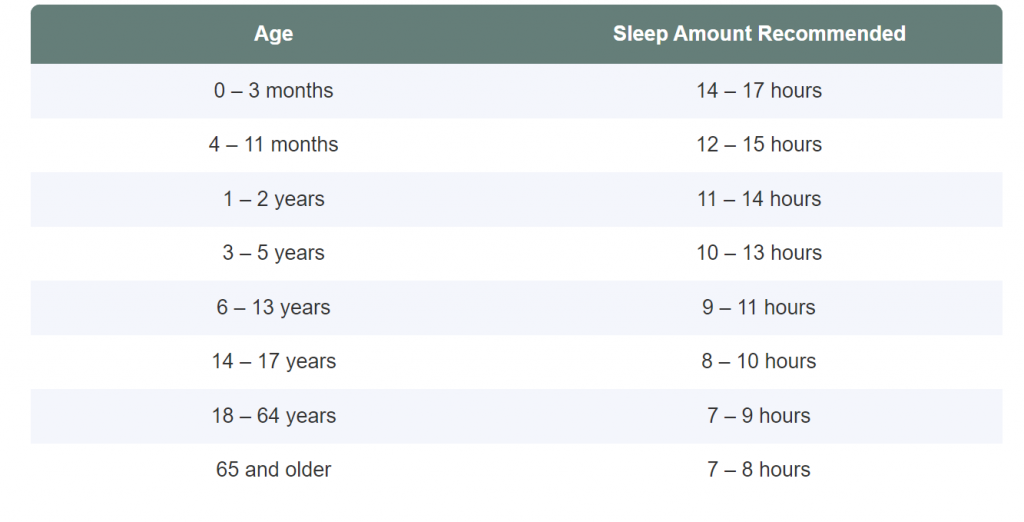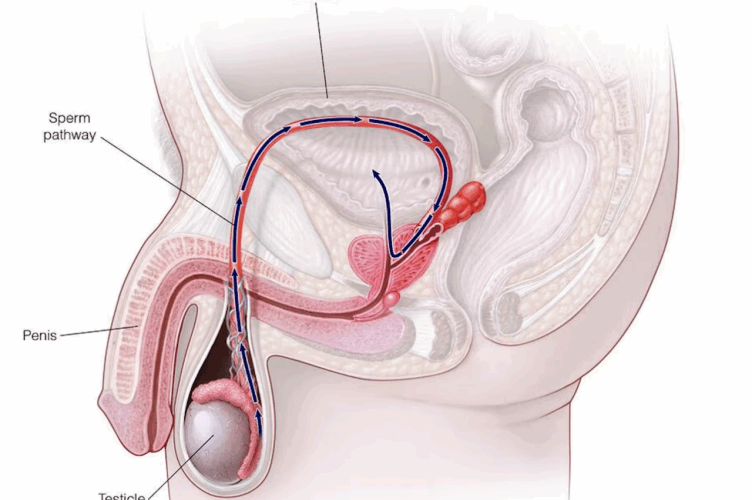Sleep plays a vital role in our lives because it helps to keep our bodies running optimally. Getting a good night’s sleep helps to refresh and restore our brain and our organs as well as regulate important hormones in our body.
Insomnia is defined as difficulty falling asleep, difficulty staying asleep throughout the night and/or waking up too early in the morning. Not getting enough sleep over a prolonged period of time can take a physical and mental toll on our body. But did you know that it could also affect your fertility?
How does sleep affect fertility?
Our bodies follow an internal clock or a sleep-wake pattern called the circadian rhythm and this will function properly if the body is exposed to a regular pattern of light and dark. Even just a few nights of sleeplessness can affect hormone production. The part of the brain that regulates the hormones involved in sleeping and being awake (cortisol and melatonin) is also responsible for triggering the hormones involved in reproduction.
How does sleep affect men?
A high amount of daily hormone testosterone is produced in men in the night during sleep and these levels can be affected by changes in sleep cycle. Testosterone is very important for healthy sperm production and thus men may have reduced semen quality and sperm count if they suffer from issues with proper sleep. A study by Lauren Wise at Boston University found that there was 42% reduced probability of conception in any given month for men who slept less than 6 or more than 9 hours of sleep.1 Another study from Denmark in The American Journal of Epidemiology found how men who slept poorly had lower sperm count and fewer sperm that formed correctly compared to other men.2 The main explanation is most likely hormonal.
How does sleep affect women?
In a woman, sleep deprivation can interfere with hormones that trigger ovulation and disrupt the menstrual cycle causing irregular periods. Many hormones affecting fertility like thyroid stimulating hormone, progesterone, and estradiol which in turn regulates follicle stimulating hormone and luteinizing hormone could be affected by lack of proper sleep. Women reporting sleep problems other than sleep apnea were 3.7 times more likely to be at risk for infertility than women with normal sleep patterns according to a large study of more than 16,000 women in Taiwan over a 10-year period.3
How much sleep is necessary?
As with most things, the key to sleep is balance. In order to ensure that your personal sleep needs are met you should strive to get more than 6 hours of sleep but less than 9 hours. Too much sleep can also interfere with fertility. An optimal amount of sleep is about 8 hours average although this requirement can vary from person to person and somewhat from season to season. Here’s a helpful chart with recommended sleep amounts based on age.

Credit: https://www.forbes.com/health/body/sleep-deprivation-health-effects/
How to treat insomnia
- Get some exercise to elevate your heart rate temporarily every day for 30 minutes. Even a simple walk for half an hour will improve your sleep.
- Go to bed and wake up at the same time every day including weekends
- Keep your bedroom dark and cool
- Do not look at your screen for at least 30 minutes before bed.
- Unwind and relax before bed, like take a bath, drink some warm milk, read a book, listen to relaxing music or try some meditation or any other way that relaxes you
- Limit alcohol and caffeine consumption
- Try to reduce stress and don’t bring your work home.
- Don’t work odd hours like shift work or night shifts
- Get outdoors for an hour or more of sunlight each day
- Have your dinner early so that there’s enough gap between your dinner and bedtime
- Have a light dinner because if you are too full, falling asleep becomes difficult.
- Have a good bed and pillow.
- Avoid supplements like melatonin because it can interfere with your body’s processes
Lastly, not getting enough sleep is detrimental to your emotional health and mood. If you are irritable and tired for an extended time, you may eventually run into problems of sexual intimacy with your partner.
Almost all of us occasionally have a poor night’s sleep. If you are a woman trying to get pregnant and have insomnia three times a week for more than three months, you might want to visit us at Xenith Advanced Fertility Clinic. If your sleep and fertility problems continue, feel free to talk to us to find out if an underlying medical condition may be a factor.




